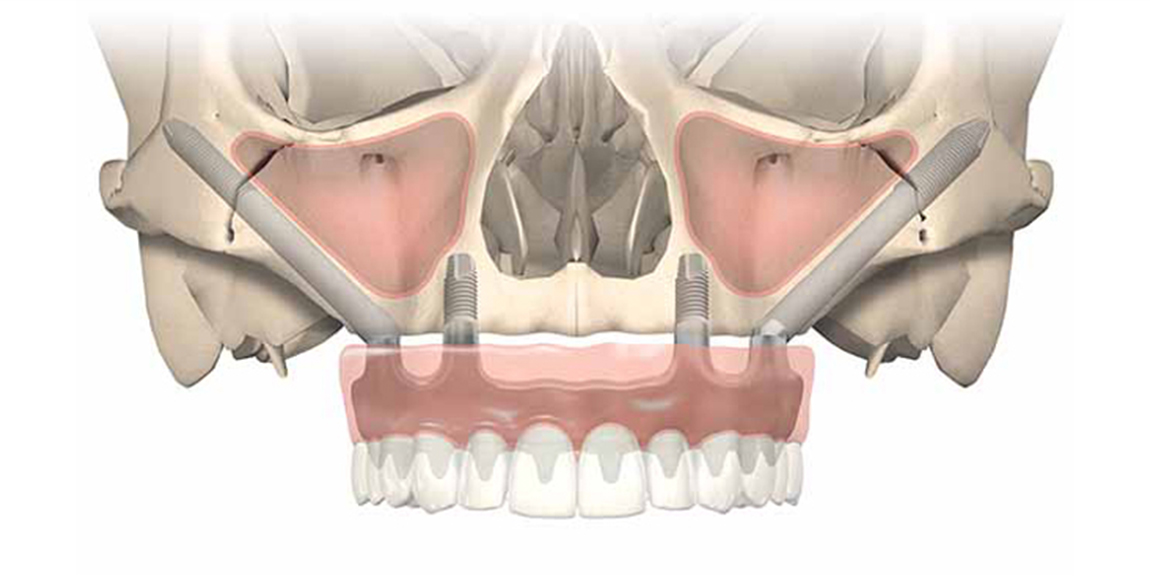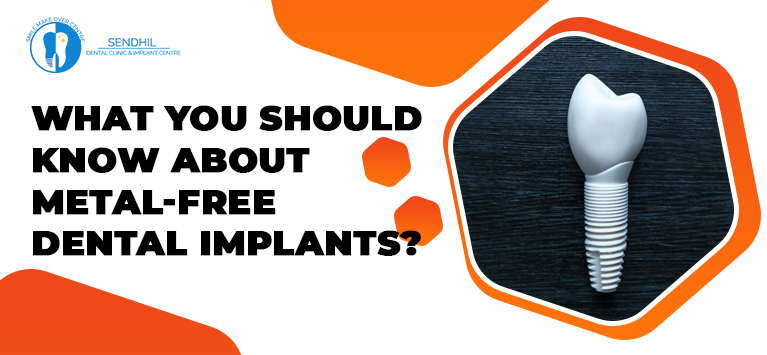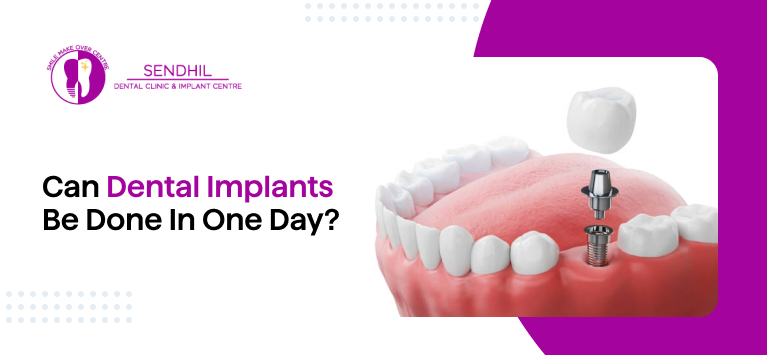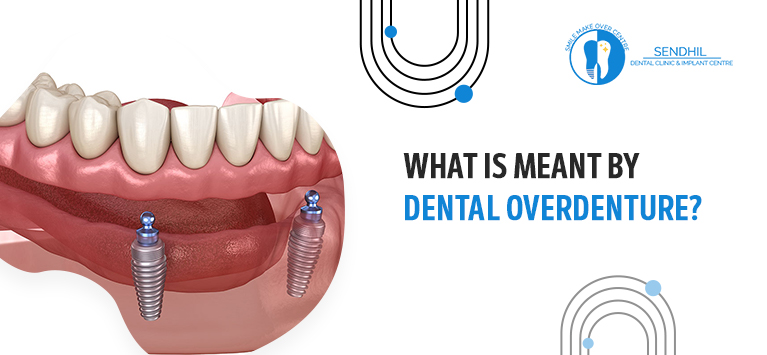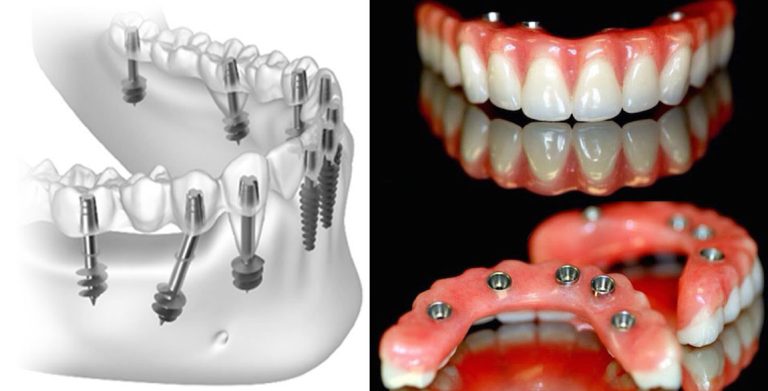
What is Basal Dental Implant?
Basal dental implants have created a bang in the field of implantology. Unlike conventional implants that are inserted in the crestal bone, the basal implants are fixed in the basal /cortical bone that exists underneath the crestal bone. So the basal implants are also known as “Bi-Cortial implant”. The basal bone is highly mineralized and is resistant to resorption. This assures high success rates and exceptional stability.
It is a single-piece implant made up of biocompatible titanium and the different aspects of an implant tooth are blended to a sole post.
The main advantage of this implant is its immediate loading time which helps the patients to fix teeth immediately after the implantation. Moreover, this implant excels in the dental world because of its advantages.
Table of Contents
Benefits of Basal Dental Implants
The bi-cortical implants can be fixed even in reduced bone volume due to the long-term absence of teeth and atrophies in the bone due to infections.
1) Minimally invasive – The basal implants are self-tapping and table to thicken the bone around the inserted post. Hence it does not need complex surgeries. Insertion can be done with simple bone cutting. It accelerates the healing period and reduces the chances of infection in the surgical site.
2) It can be fixed in both upper and lower jaw.
3) Displace less amount of bone – The jaw bone needs to be drilled to insert the implant post. It is apt for conventional implants, MIDI and basal implants. Whilst, the rate of bone displaced with drilling is very less with a bi-cortical implant. This reduces post-operative swelling in gums after fixing the implant teeth.
4) Apt for people with gum diseases – People with severe gum diseases cannot restore their teeth with implants. It is because their existing teeth have low bone support from the jaw. They need gum diseases to be treated and remove the remaining teeth for mull mouth rehabilitation to get conventional dental implants. It takes a lot of time. In contrast, basal implants help those people to restore the teeth immediately after extraction.
5) Masticatory force Distribution – The chewing forces produced by the teeth fixed with basal implants are distributed to the basal cortical region in the jaw bone. As the basal bone is resistant to resorption, it prevents the facial collapse that occurs due to the absence of teeth and dwindled jaw bone.
6) Low risk of Peri-implantitis
Peri-Implantitis is a kind of gum disease that occurs in the gum tissues around the fixed dental implants. The conventional implants are at high risk of implant failure due to this problematic condition. In contrast, the basal implants cannot be effected with peri-implantitis because of the implant’s monobolic and smooth surfaces.
7) Suitable for people with smoking and diabetes
Tobacco usage, alcohol consumption and diseases like diabetes can compromise our immune system and make our body ineffective to certain treatments. People with diabetes and smoking are highly susceptible to implant failure as oral bacteria take advantage of the increased blood sugar and toxins ingest. The basal implants are durable for such smokers and diabetic patients also.
Bottom line
To put it simply, the basal implants are designed in a way to overcome the flaws associated with conventional dental implants. If you want to restore your lost teeth immediately with implant dentistry, then you will prefer basal dental implants.
For more details, book your appointment with our dentists.


